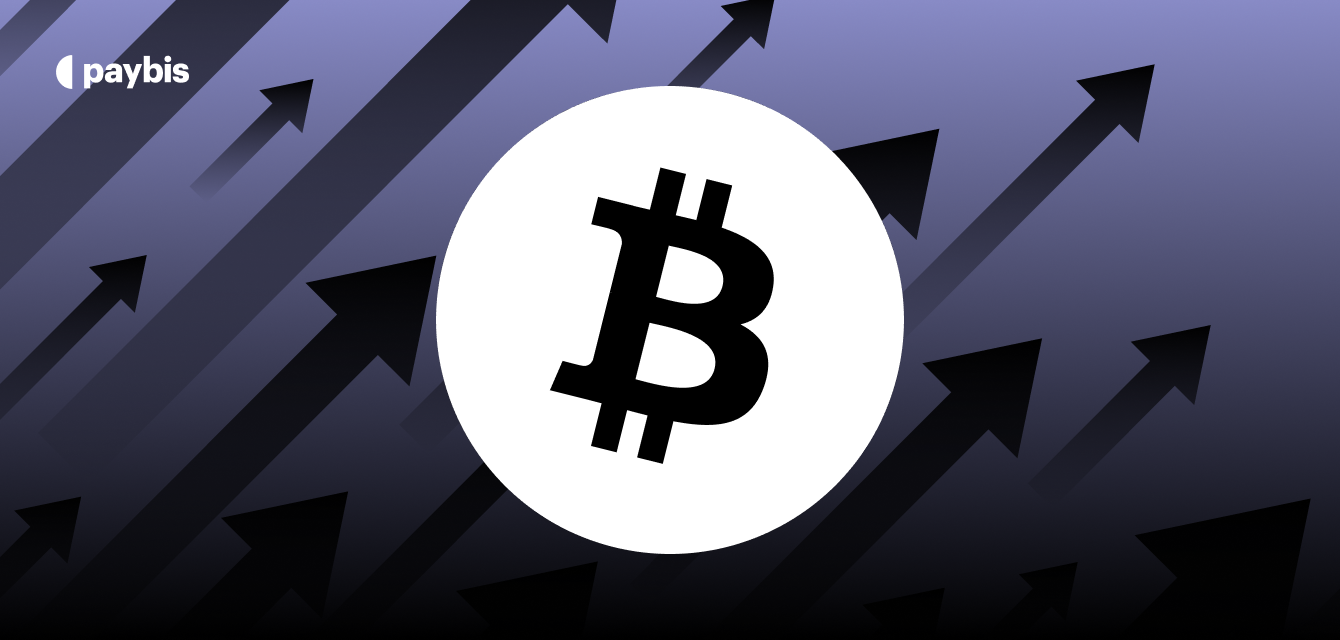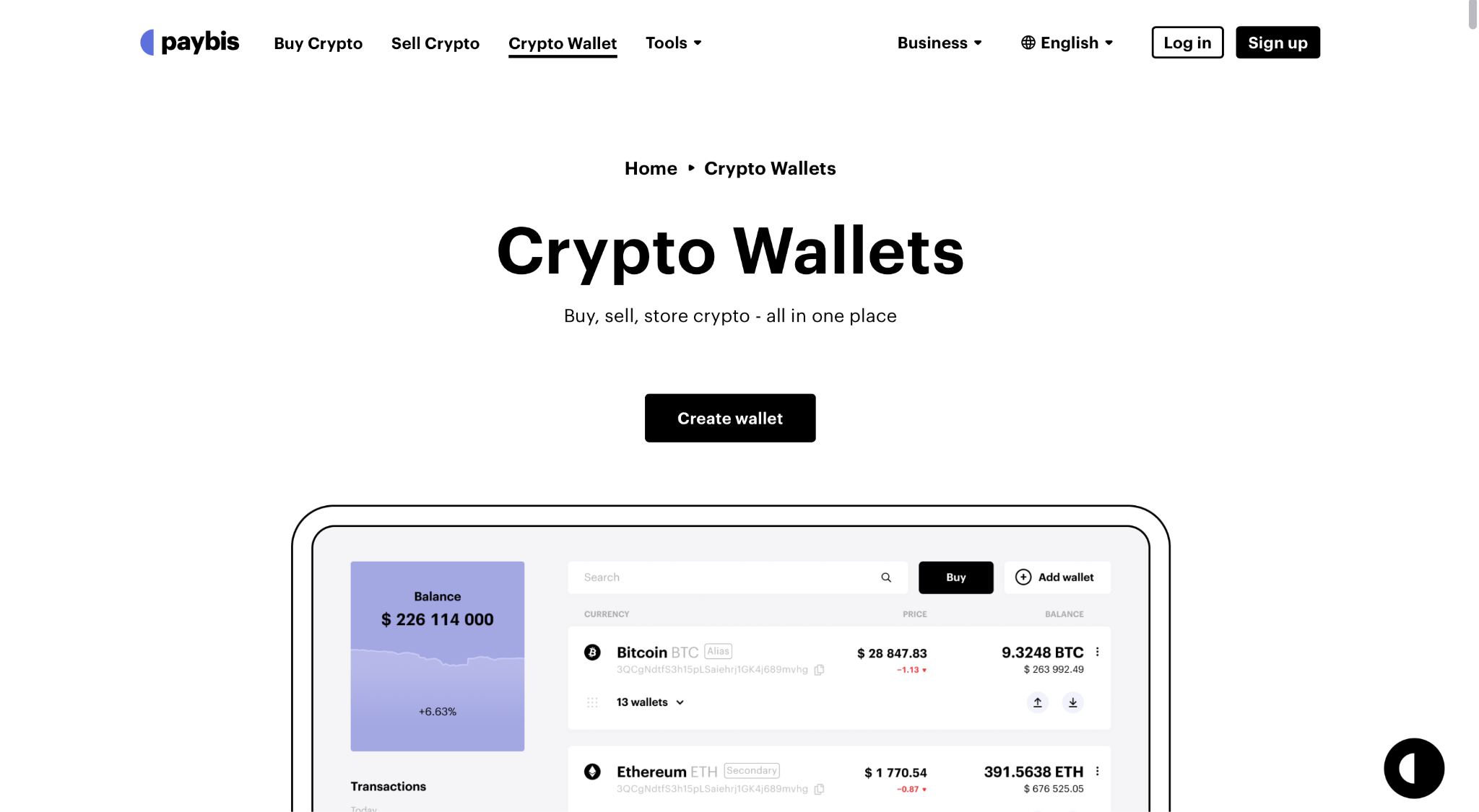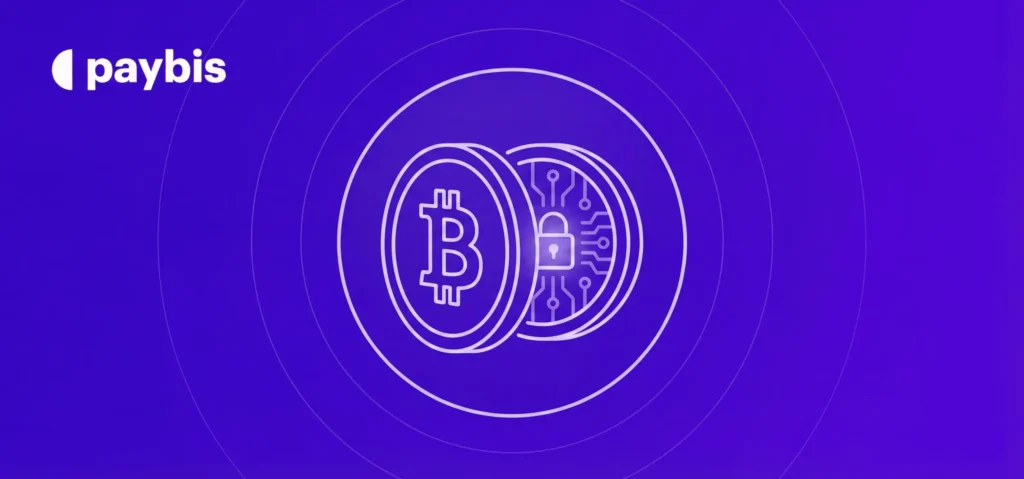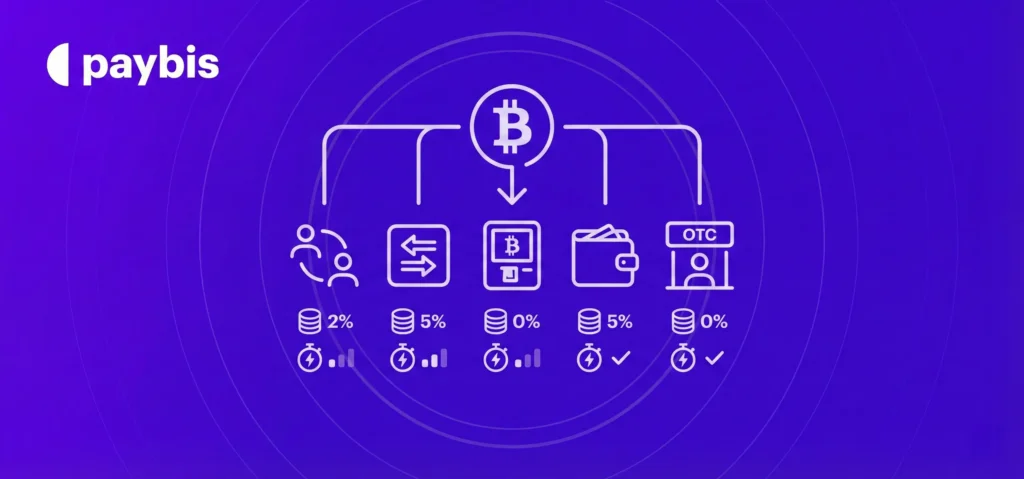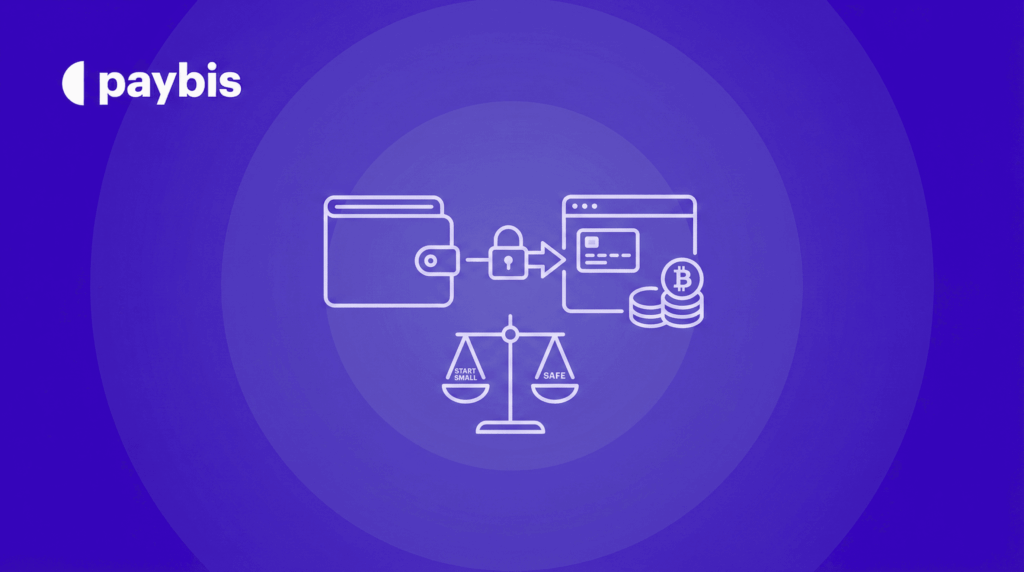List of Top 10 Best Custodial Wallets
Custodial wallets are the most accessible way for beginners to get started with blockchain-based digital assets — from cryptocurrencies to NFTs.
These wallets abstract away the complexities of private key management and put forth an intuitive and familiar experience for the user. This ease of access is so profound that many crypto veterans also choose these solutions in addition to non-custodial options.
We have a detailed article explaining the differences between custodial and non-custodial wallets. Check it out to learn more.
In this article, we will provide you with the 10 best custodial wallets that you can start using soon after you finish reading.
Table of contents
Methodology
The top 10 custodial wallets listed in the article were chosen based on several key factors that define a good custodial wallet. These factors include security features, ease of use, supported cryptocurrencies, and additional services offered.
We have taken into consideration the intent of the users looking for such information and have thus provided a comprehensive review that not only lists these top 10 custodial wallets but also delves into the specifics of what makes each stand out.
By analyzing relevant factors, we aim to provide users with a detailed and balanced view of each wallet, helping them make an informed decision based on their individual needs and preferences.
Best Custodial Wallets
Paybis Wallet
- Hybrid on-chain wallet solution that is secured by Paybis
- Free for all and no private key management for users
- All deposits are on-chain and verifiable on blockchain explorers
- Supports two-factor authentication
Binance
- Leading crypto exchange with 500+ supported cryptocurrencies
- Emphasizes security with two-factor authentication and IP whitelisting
Bitfinex
- Global crypto exchange with low fees and support for 270+ cryptocurrencies
- Utilizes cold storage and withdrawal protection for security
Coinbase
- Offers a custodial solution to store your crypto with the exchange
- Provides a secure custodial wallet with 2-factor authentication on Coinbase Exchange
Bybit
- A custodial crypto wallet offering comprehensive services, including asset storage and private key management
- Acts as an operating system for web3, integrating on-chain behaviors and benefits into a single platform
Poloniex
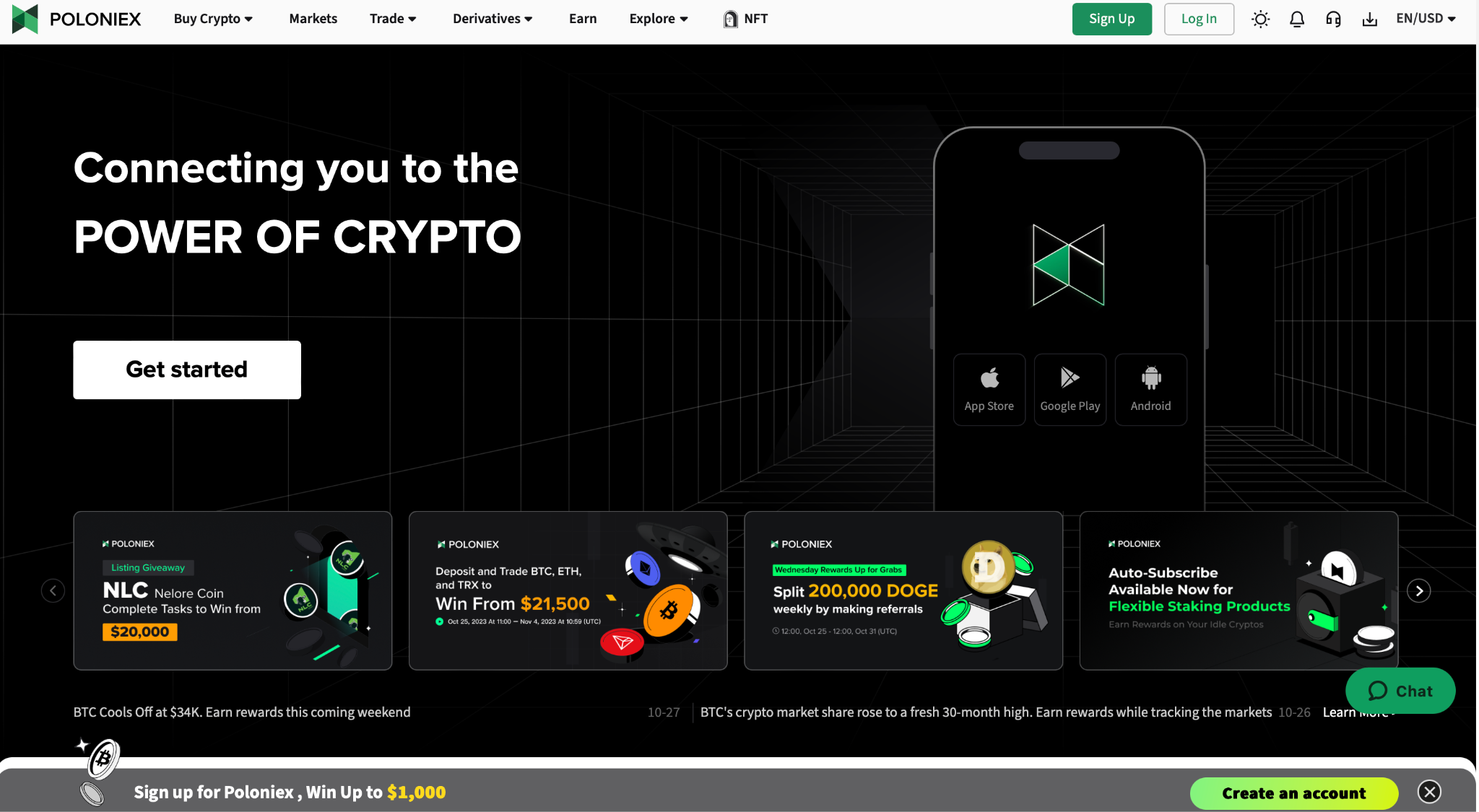
- Crypto exchange supporting 400+ cryptocurrencies
- Offers a mobile app for secure asset management and trading
Kraken
- US-based exchange with strong security
- Includes 2-factor authentication and offline storage for 95% of user funds
BitMex
- A trading platform and exchange supporting 85 digital currencies
- Employs multi-signature and cold storage for asset security
Bitgo
- Custodial wallet platform known for accessibility and security
- Features multi-signature protection
Blockchain.com
- Financial services company offering crypto wallets and trading
- Provides custodial trading wallets with good security
Useful links
- Are Blockchain Wallets Safe
- How to choose crypto wallet
- What is a Hardware Wallet and How Does it Work
- How Custodial & Non-Custodial Wallets Differ
What Makes Paybis Wallet Stand Out from Other Custodial Wallets?
While the Paybis Wallet is a hybrid cryptocurrency wallet solution, its security is comparable to that of a non-custodial wallet while retaining the convenience of a custodial wallet.
All transactions you make via the wallet are on-chain. This means that when you input your wallet address (which is unique for every user) in a blockchain explorer, you can verify all transactions and even keep an eye on your assets.
The Paybis Wallet is also multi-chain. It supports all the cryptocurrencies that you can possibly buy on Paybis, which is over 80.
You can rest assured that your assets will never be used by Paybis for rehypothecation. Your crypto will always remain yours — simply login to your Paybis account with email ID and password.
Paybis Wallet is the blend of best custodial and non-custodial wallet features most wish for. It is now a reality.
Ownership, convenience, and security; find all three in Paybis Wallet.
Summing Up
Custodial wallets offer a convenient and secure way to store your cryptocurrencies. They are a good option for beginners and those who do not want to be responsible for managing their own private keys.
However, it is important to do your research and choose a reputable wallet provider.
Paybis Wallet is a good option that offers a blend of custodial and non-custodial features. It is free and requires no additional steps to set up. Just proceed to buy crypto on Paybis and choose Paybis Wallet when prompted.
FAQ
What does custodial mean?
In the context of a crypto wallet, “custodial” refers to a scenario where a third-party entity, such as an exchange or wallet service, holds and oversees the user’s private keys and cryptocurrency on their behalf.
What risks do custodial accounts face?
Custodial accounts carry risks such as loss of control over your assets, potential privacy concerns, and vulnerability to issues experienced by the custodial service, like exchange insolvency or hacking. It’s essential to weigh these risks against the convenience they offer.
How does a custodial wallet work?
Custodial wallets operate through a distinct mechanism. In this setup, a third-party entity (A) requests users (B) to transfer their funds to a specific address or storage location. However, it’s crucial to note that A does not receive any private key associated with that storage address.
Instead, the third-party authority (A) takes on the responsibility of managing all the funds within the wallet. Importantly, users (B) are unable to initiate any transactions without the active involvement and approval of the custodial service provider (A).
Disclaimer: Don’t invest unless you’re prepared to lose all the money you invest. This is a high‑risk investment and you should not expect to be protected if something goes wrong. Take 2 mins to learn more at: https://go.payb.is/FCA-Info
